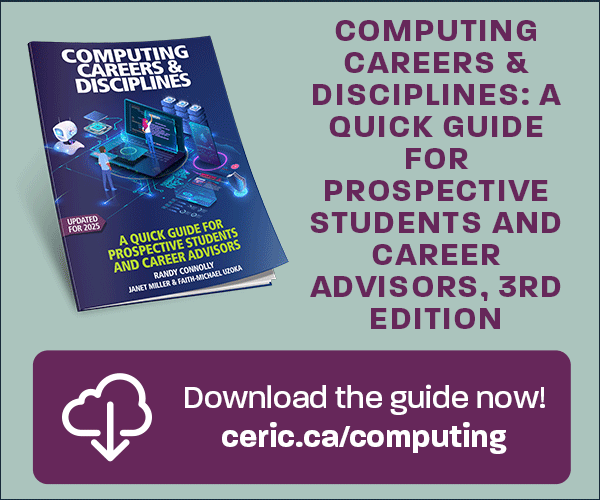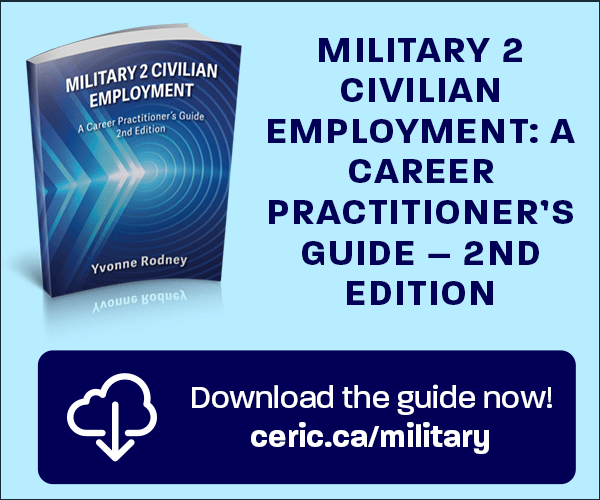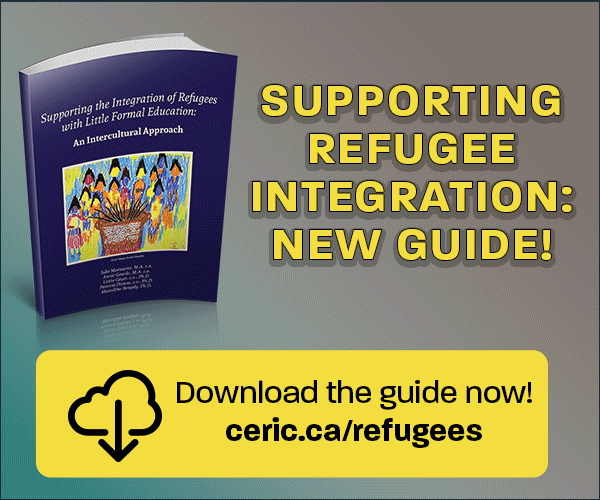Athletes' Attitudes Toward Career Counselling: Examining the Role of Athletic Identity
Keywords:
athletes, career counselling, identityAbstract
Little is known about what prevents elite athletes, or those participating in high-performance international, national, and/or professional sport competition,
from seeking career counselling services. Athletic identity, which refers to the strength and exclusivity of one’s sport identity, may be implicated in athletes’ reluctance to pursue career counselling. Due to a culture which perpetuates the perception of the “mentally tough athlete”, sport participants may be dissuaded from seeking assistance with career concerns as the very act of help-seeking may threaten their sense of strength and competence – aspects which are central to one’s athletic identity. Given the importance of career counselling for the coordination of life activities outside of sport participation and on athletes’ preparation for sport retirement, research uncovering athletes’ attitudes about career counselling is needed to better understand their disinclination, allowing career professionals to shape their services in ways which are more enticing to athletes. This study uses a cross-sectional survey design with a national sample of elite athletes to explore the impact of athletic identity on athletes’ attitudes toward career counselling.
References
Albion, M. J. (2007, September). Restoring the balance: Women’s experiences of retiring from elite sport. In Refereed Proceedings of the 2007 International Women’s Conference: Education, Employment and Everything: The Triple Layers of a Woman’s Life (pp. 35-39). USQ Women’s Network Inc.
Alfermann, D., & Stambulova, N. (2007). Career transitions and career termination. In G. Tenen-baum & R.C. Eklund (Eds.), Handbook of Sport Psychology (3rd ed., p.712-
. New York: Wiley.
Bernard, J. D. (2016). Student-athletes’ perceptions of mental illness and attitudes toward help-seeking. Journal of College Student Psychotherapy, 30, 161-175. doi:10.1080/87568225.2016.1177421
Brewer, B. W. (1993). Self-identity and specific vulnerability to depressed mood. Journal of Personality, 61, 343- 364. doi: 10.1111/j.14676494.1993.tb00284.x
Brewer, B. W., Van Raalte, J. L., & Linder, D. E. (1993). Athletic identity: Hercules’ muscles or Achilles’ heel? International Journal of Sport Psychology, 24, 237-254.
Brown, S. D., & Ryan Krane, N. E. (2000). Four (or five) sessions and a cloud of dust: Old assumptions and new observations about career counselling. In S. D. Brown
& R. W. Lent (Eds.), Handbook of Counselling Psychology (3rd ed., pp. 740–766). New York: Wiley.
Dagley, J. C., & Salter, S. K. (2004). Practice and research in career counseling and development. Career Development Quarterly, 53, 98–157. doi:10.1002/j.21610045.2004.tb00986.x
Di Fabio, A., & Bernaud, J. L. (2008). The help-seeking in career counseling. Journal of Vocational Behavior, 72, 60- 66. http://doi.org/10.1016/j.jvb.2007.10.006
Fogarty, G. & McGregor-Bayne, H. (2008). Factors that influence career decision-making among elite athletes. Australian Journal of Career Development, 17, 28-38.
doi: 10.1177/103841620801700306
Fraser, L., Fogarty, G., & Albion, M. (2010). A longitudinal analysis of the transition to retirement from elite sport: Athletic identity, life satisfaction, and career indecision. Journal of Science and Medicine in Sport, 10, 174. doi: 10.1016/j.jsams.2009.10.366
Grove, R. J., Lavallee, D., & Gordon, S. (1997). Coping with retirement from sport: The influence of athletic identity. Journal of Applied Sport Psychology, 9, 191-203. doi:10.1080/10413209708406481
Gulliver, A., Griffiths, K. M., & Christensen, H. (2012). Barriers and facilitators to mental health help-seeking for young elite athletes: A qualitative study. BMC Psychiatry, 12(1), 157. Retrieved from: http://www.biomedcentral.com/1471244X/12/157
Kaier, E., Cromer, L. D., Johnson, M. D., Strunk, K., & Davis, J. L. (2015). Perceptions of mental illness stigma: Comparisons of athletes to non-athlete peers. Journal of College Student Development, 56, 735-739. doi:10.1353/csd.2015.0079
Lavallee, D. (2005). The effect of a Life Development Intervention on sports career transition adjustment. The Sport Psychologist, 19, 193-202. Retrieved from: http://www.storre.stir.ac.uk/handle/1893/7656#.Vb50wf3bKz4
Lopez, R. L., & Levy, J. J. (2013). Student athletes’ perceived barriers to and preferences for seeking counseling. Journal of College Counseling, 16, 19-31. doi:10.1002/j.21611882.2013.00024.x
Ludwikowski, W., Vogel, D., & Armstrong, P. I. (2009). Attitudes toward career counseling: The role of public and self-stigma. Journal of Counseling Psychology, 56, 408. doi: 10.1037/a0016180
Rochlen, A. B., Mohr, J. J., & Hargrove, B. K. (1999). Development of the Attitudes Toward Career Counseling Scale. Journal of Counseling Psychology, 46, 196–206. http://dx.doi.org/10.1037/00220167.46.2.196
Shapka, J. D., Domene, J. F., & Keating, D. P. (2006). Trajectories of career aspirations through adolescence and young adulthood: Early math achievement as a critical filter. Educational Research and Evaluation, 12, 347-358. doi:10.1080/1612197X.2009.9671916
Stambulova, N., Alfermann, D., Statler, T., & Côté, J. (2009). ISSP position stand: Career development and transitions of athletes. International Journal of Sport and Exercise Psychology, 7, 395- 412. doi:10.1080/1612197X.2009.9671916
Uphill, M., Sly, D., & Swain, J. (2016). From mental health to mental wealth in athletes: Looking back and moving forward. Frontiers in Psychology, 7, 1-6. doi:10.3389/fpsyg.2016.00935
Whiston, S., & Rahardja, D. (2008). Vocational counseling process and outcome. In S. Brown & R. Lent (Eds.), Handbook of Counseling Psychology (4th ed., pp. 444–461). Hoboken, NJ: Wiley

Downloads
Published
How to Cite
Issue
Section
License

This work is licensed under a Creative Commons Attribution-NonCommercial-NoDerivatives 4.0 International License.
















